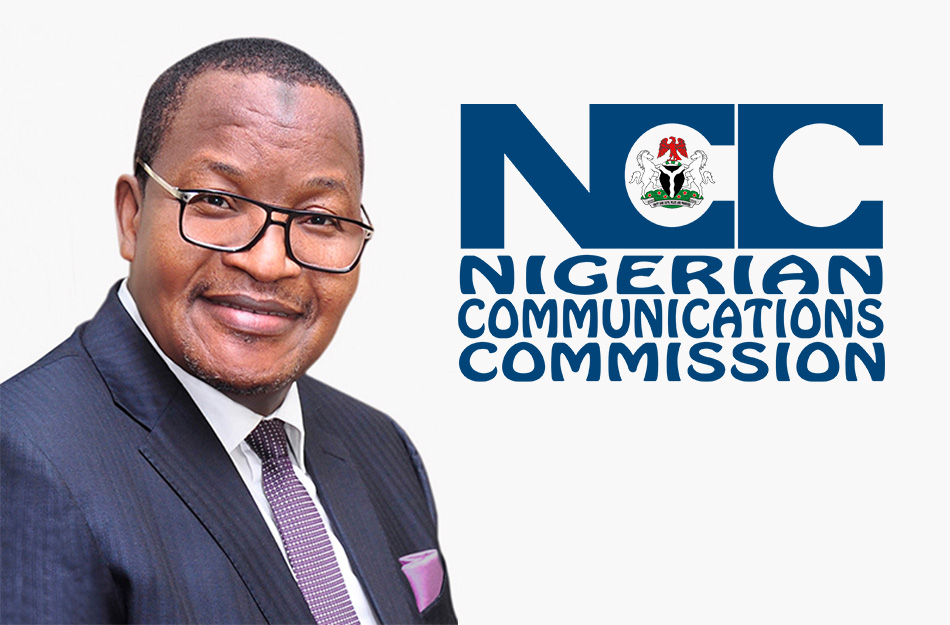The Minister of Communications and Digital Economy, Prof. Isa Ali Ibrahim Pantami and the Executive Vice Chairman (EVC) of the Nigerian Communications Commission, Umar Danbatta, have said that investors should expect policies that are investment friendly.
The regulators are targeting to attract foreign investors to drive broadband connectivity to enhance the nation’s telecommunication infrastructure.
The regulators have set a Nigerian National Broadband Plan (NNBP) 2020-2025, which is focused on increasing broadband penetration to 70 per cent by 2025.
Google undersea cable, Equiano, landed in Lagos on Thursday as the Communication Ministry and NCC believe such investments would deepen connectivity to enhance the nation’s growth and development.
READ ALSO: NCC holds conference on distributed ledger technologies ecosystem
This was revealed by Pantami and Danbatta on the sideline of the reception marking the landing of the Equiano undersea Cable System in Nigeria at the Open Access Data Centre at Lekki in Lagos, according to a statement from the NCC.
The Minister and the EVC commended Google LLC, the West Indian Ocean Cable Company (WIOCC), and other investors for bringing additional bandwidth capacity into the country to drive connectivity and growth.
Pantami said the Federal Government “will continue to drive the implementation of existing digital economy-oriented policies already put in place by the current administration.”
He promised “an enabling environment that encourages foreign and local investment in infrastructure projects such as the way Google and its co-investors have done.”
Danbatta, represented by the Executive Commissioner, Technical Services at NCC, Ubale Maska, was delighted that Equiano has joined the list of other submarine cables at the shores of Nigeria.
Other companies like SAT3 cable, MainOne cable, Glo1 cable, ACE cable, WACS cable, Dolphin by Natcom, and MTN respectively had made similar investments.
Danbatta said, “We are hopeful that Equiano, together with earlier undersea cables in the country, will have additional landing points in the hinterlands through collaborative efforts with NCC-licensed Infrastructure Companies (InfraCos).
“This will help to reduce retail data prices significantly and thereby complement the Commission’s efforts at ensuring that affordable Internet services are available to boost the Commission’s ongoing broadband policy initiatives.”

 Entertainment6 days ago
Entertainment6 days ago
 Health1 week ago
Health1 week ago
 Health4 days ago
Health4 days ago
 Football1 week ago
Football1 week ago
 Football1 week ago
Football1 week ago
 Crime5 days ago
Crime5 days ago
 Education6 days ago
Education6 days ago
 Crime1 week ago
Crime1 week ago

